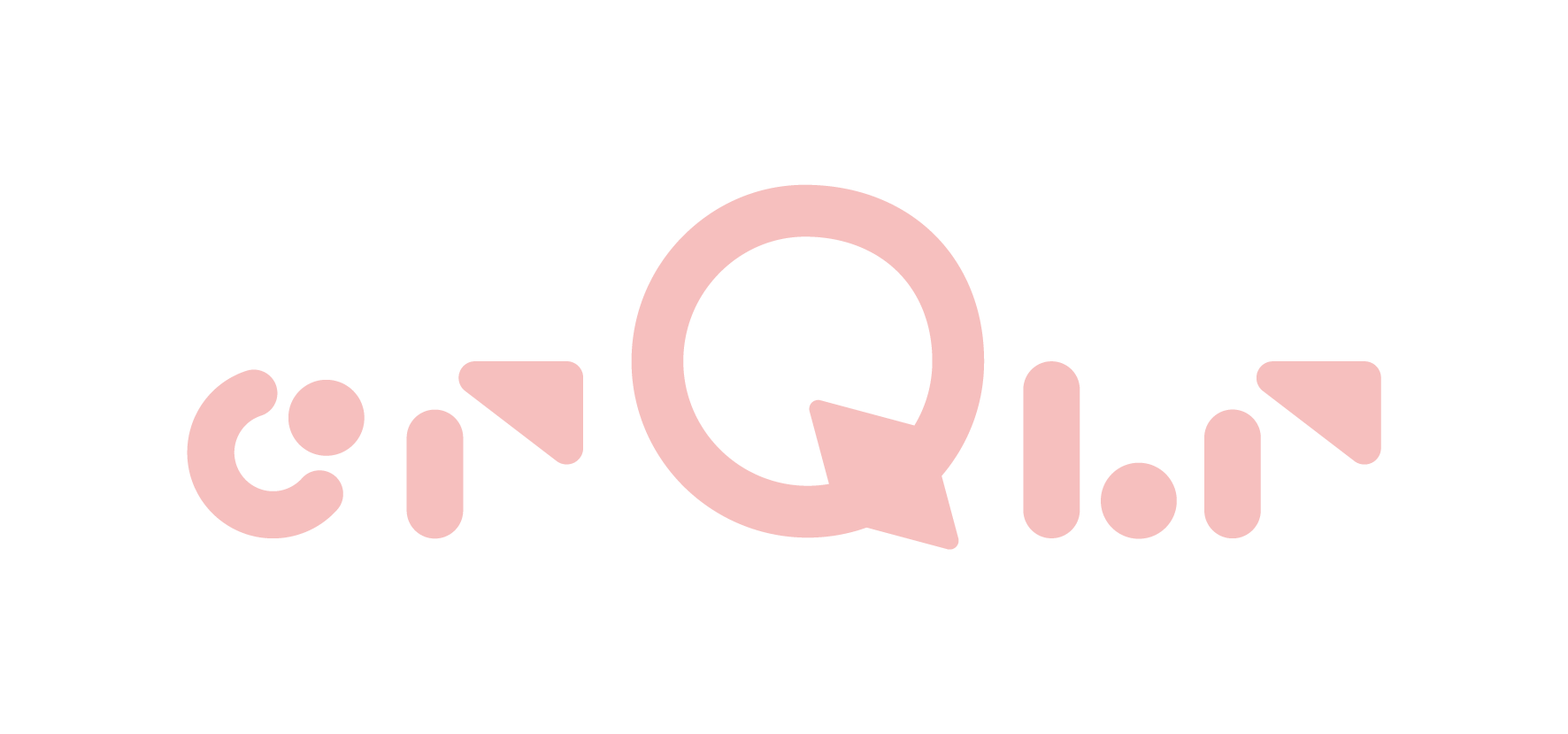-
Name of the submitted project or idea (in English or both English and your language)
Yaku: A Hydro Healing Vest
-
URL of a video introducing the work(under 5 minutes)
https://mashuaproject.com/yaku-hydrant-vest/
-
Detailed explanation of the submitted project or idea (in English or both English and your language)
Yaku hydrant vest is a hydration accessory that keeps active humans, continuously hydrated, healed and protected. It has a smart dispositive makes them aware of vital signs such pulse, heart rate and proper timing of a pause and hydration.
The first prototype is made with coffee waste and red clay Agar agar biomaterial. -
Keywords
#therapeutic #coffee #hydrant
-
If you have a website for your submitted project or idea, please provide the URL
https://mashuaproject.com/yaku-hydrant-vest/
-
Special Prize Question 1: How does your project or idea make use of local resources, such as materials and knowledge, to tackle its challenge?
According to IFEMA Madrid 2020 Report, Europe has the largest coffee market in the world, according to the Centre for the Promotion of Imports from Developing Countries (CBI). With 33% of world consumption and 3 million tonnes in 2018, it has a large selection of different coffees from around the world. On the other hand, roasted Coffee Consumption per Capita in Spain is an average of 3Kgs. (Source Statista www.statista.com)
These figures have prompted Selecta (www.selecta.com) to research and create the Selecta 2019 European Coffee Index, which compares 89 cities by considering a range of variables such as price, quality and quantity.
Edinburgh comes out as the best European city for drinking coffee, while Barcelona, at number 18 in the general classification, is positioned as the best in Spain and Madrid (number 41) is the cheapest. At the European level, Barcelona is also the eighth city in terms of the highest number of coffee establishments per capita and the ninth in terms of the best connectivity.
According to Aware Magazine (https://aware-theplatform.com/the-circular-life-of-coffee/), to make a cup of coffee only 0.2% of the coffee bean is used and the remaining 99.8% goes to waste.
Typically, spent coffee grounds are dumped into general waste and sent to landfill where they emit methane – a greenhouse gas 25 times more potent than carbon dioxide and one of the primary causes of global warming.
Finally, 0.38 ounces or 10.6 grams of ground coffee beans must be used to make a 6-ounce cup of coffee.
Therefore, as coffee lovers the minimum gesture of responsibility that we have as conscious citizens, it’s making sure that we continue drinking one of the most popular beverages and making sure that each 10 grs of coffee waste, we generate are back to the product on system and deliver useful products and accessories for our community. Being fashion the second most pollutant industry, I find that coffee waste is the perfect link between fashion and the F&B sectors for contributing better to common worldwide wellbeing.
Yaku Hydrant Vest because there is not good coffee without water. An accessory that reduces Methane and helps to keep sources of water healthy around the world.
With this prototype we are conscious that we are correcting the last chain of the entire supply network, although with motivational phrases that can be included in this garment we pretend to create awareness about conscious concumption of coffee making sure every consumer questions about the origins and traceability of the coffee they buy and enjoy at home or in a coffee shop.
Reference: IG @Mashua.Project ( https://bit.ly/3egpkCe) -
Special Prize Question 2: How does your project or idea sustain its activities through the involvement of the local community?
Main connection is the separation and collection of coffee waste among communities. First pilot can be done in a small community with local restaurants and coffee shops.
In Barcelona there is already an initiative Remix El barrio where they had validated the possibility of introducing good circular economy practices in a small neighbourhood in Poblenou, Sant Marti Barcelona.
Yaku Hydrant Vest is just one example of what can be produced with coffee waste, but with same biomaterial bio tags and coasters can also be bio manufactured, -
Special Prize Question 3: How does your project or idea eliminate waste or pollution while regenerating natural resources?
Reuses coffee waste for creating a bio textile that is transformed in an accessory, reducing the environmental impact of unprocessed coffee waste to the environment.
- 52
Yaku Hydro Healing Vest
Yaku hydrant vest is a hydration accessory that keeps active humans, continuously hydrated, healed and protected. It has a smart dispositive makes them aware of vital signs such pulse, heart rate and proper timing of a pause and hydration.
The first prototype is made with coffee waste and red clay Agar agar biomaterial.
NOTE: More details and pictures of the first prototype will be uploaded in our website before 21st oct.
The first prototype is made with coffee waste and red clay Agar agar biomaterial.
NOTE: More details and pictures of the first prototype will be uploaded in our website before 21st oct.


